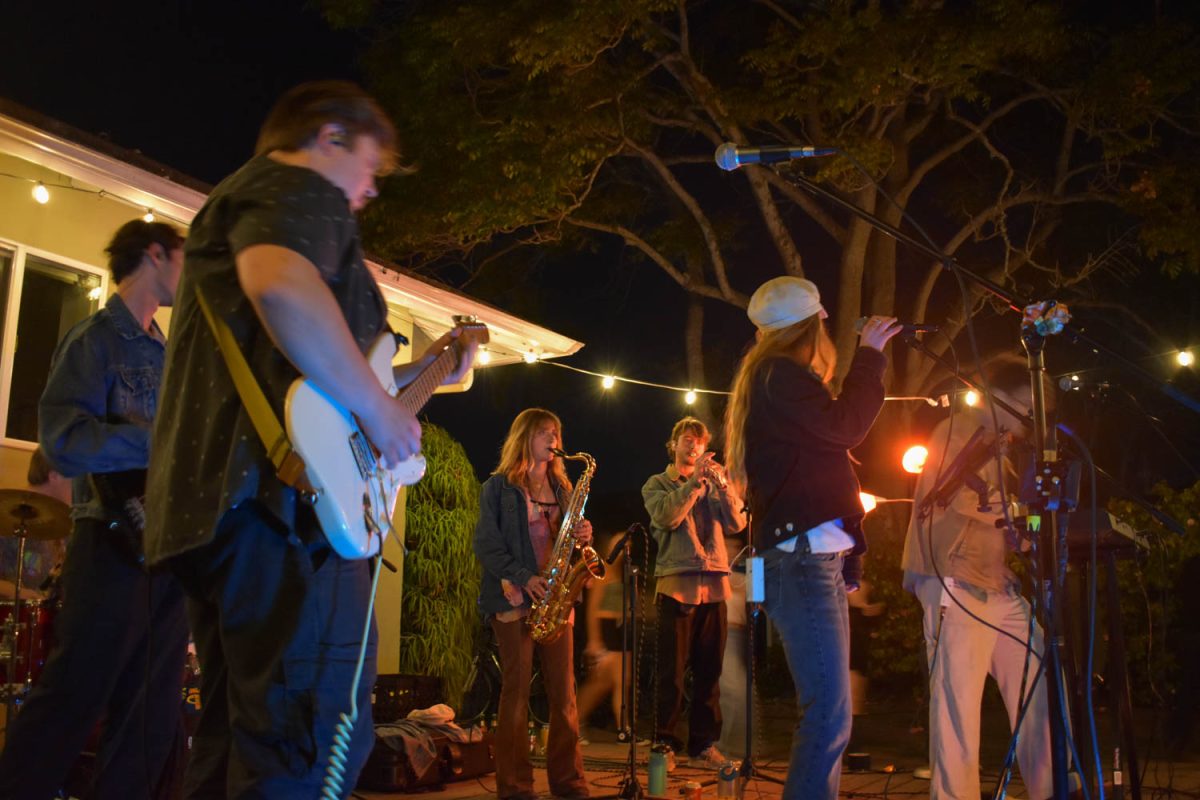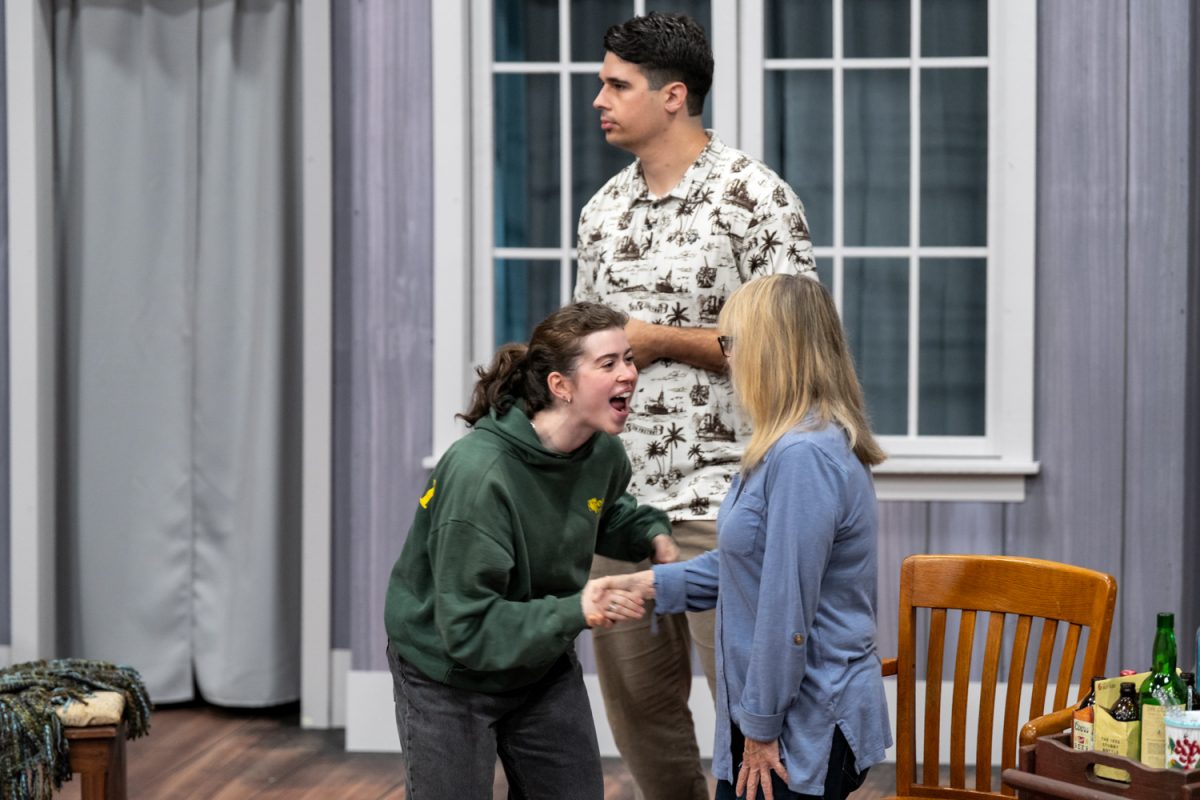The president of the Black Student Union took to social media Wednesday to express her outrage that neither she nor other black students were included in the planning of a luncheon to commemorate Black History Month.
“Today I wake up to an email about a Black Lunch that the equity department is hosting at my school…” BSU President Saturne Tchabong wrote on her facebook page. “Not only am I confused but I am also very insulted that I, the president of the Black Student Union and one of the two only employees of Umoja, was not informed about this event nor asked to collaborate…”
Tchabong and other students communicating via Facebook were also threatening to boycott the luncheon, which has since been canceled in response to the objections made by Tchabong and other black students online.
The Student Equity Committee received public complaints during a meeting they held on Feb. 9 from Krystle Farmer, the student advocate on the Associated Student Government. Farmer requested in the meeting that the committee make more of an effort towards black student representation, and Tchabong agreed. She suggested the committee do this by means of collaborating on projects and events with the Black Student Union.
The Student Equity Committee had admittedly not planned an event for Black History Month at the time of the Feb. 9 meeting. On Feb. 21, however, a flyer was sent out via email promoting a “Black History Month Lunch” event hosted by the committee. Because she was not asked to participate in the planning of the event, Tchabong said she does not support it.
The Channels reached out to Luis Giraldo, the director of equity, diversity and cultural competency, for a response regarding Tchabong’s statement about his Black History Month event that he has since cancelled as of Feb. 22.
“We are currently working to establish routine meetings with BSU student leaders to listen to their concerns and work together towards creating a welcoming and supportive environment for our Black students,” Giraldo said. “We value our Black students and wish to engage in dialogue to address their concerns and encourage their voice. I am looking forward to this collaboration.”
Tchabong wrote on Facebook about her lack of support for the event because, she wrote, that it is “an effective way of sparking dialogue, getting attention to the situation and making press.” She told The Channels that her post did what she intended because it has generated 67 comments and counting from students who both agreed and disagreed with her stance.
“It saddens me that Black students, specifically black women, are ALWAYS left out of the conversation, even when it directly has to do with us,” Tchbong wrote. “I DO NOT SUPPORT this event and I DO NOT SUPPORT the lack of care the equity department has shown at SBCC towards black students. My fellow black students and I will continue to be vocal about these issues until we feel as though we are properly represented and acknowledged, this can NOT continue!”
Other groups on campus have taken to partnering with the BSU in an effort to support black students and give them better representation on campus. The Associated Student Government and the BSU are hosting a screening of “Get Out” for Black History Month from 3 to 6 p.m. March 1 in the Administration Building Room 211 with a forum to follow.
Anthony Beebe, president and superintendent of City College, brought support for Black History Month in a campus-wide email sent out on Feb. 19 about the history of the 1896 Plessy vs. Ferguson case and the “separate but equal” doctrine that came with it. His email detailed how this paved the way for civil rights movements in the future and the successful reversal of that doctrine during the 1954 Brown v. Board of Education case.
He ended his email by reminding City College students, faculty, and staff that these pieces of history should not be repeated.
“In my mind, a significant historical lesson in these landmark legal cases is that the majority cannot separate out a minority class or group, as the act of separation creates unequal treatment.”









![Milton Alejandro Lopez Plascencia holds a flag showcasing the United States and Mexico on Feb. 7 in Santa Barbara, Calif. “It’s heartbreaking to see what is happening all across the country,” Lopez Plascencia said. “I [want] my voice to be heard by the community.”](https://www.thechannels.org/wp-content/uploads/2025/05/MGSImmigration-1-1200x800.jpg)




